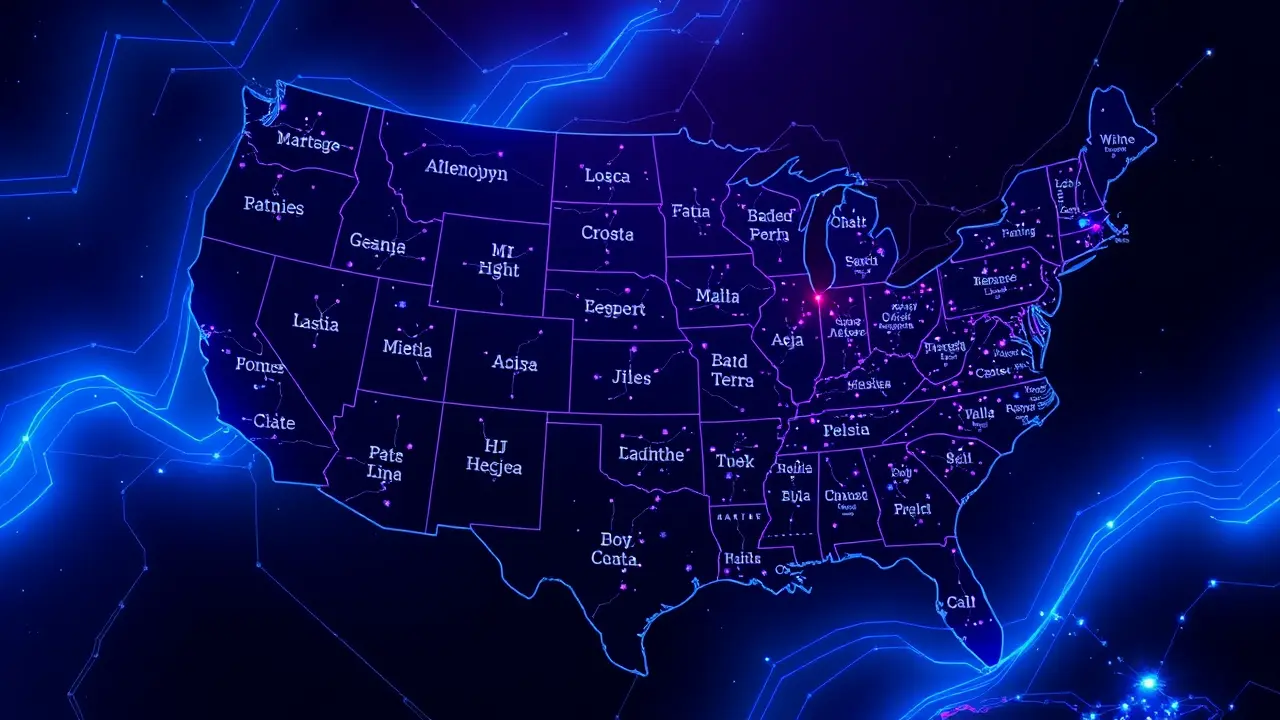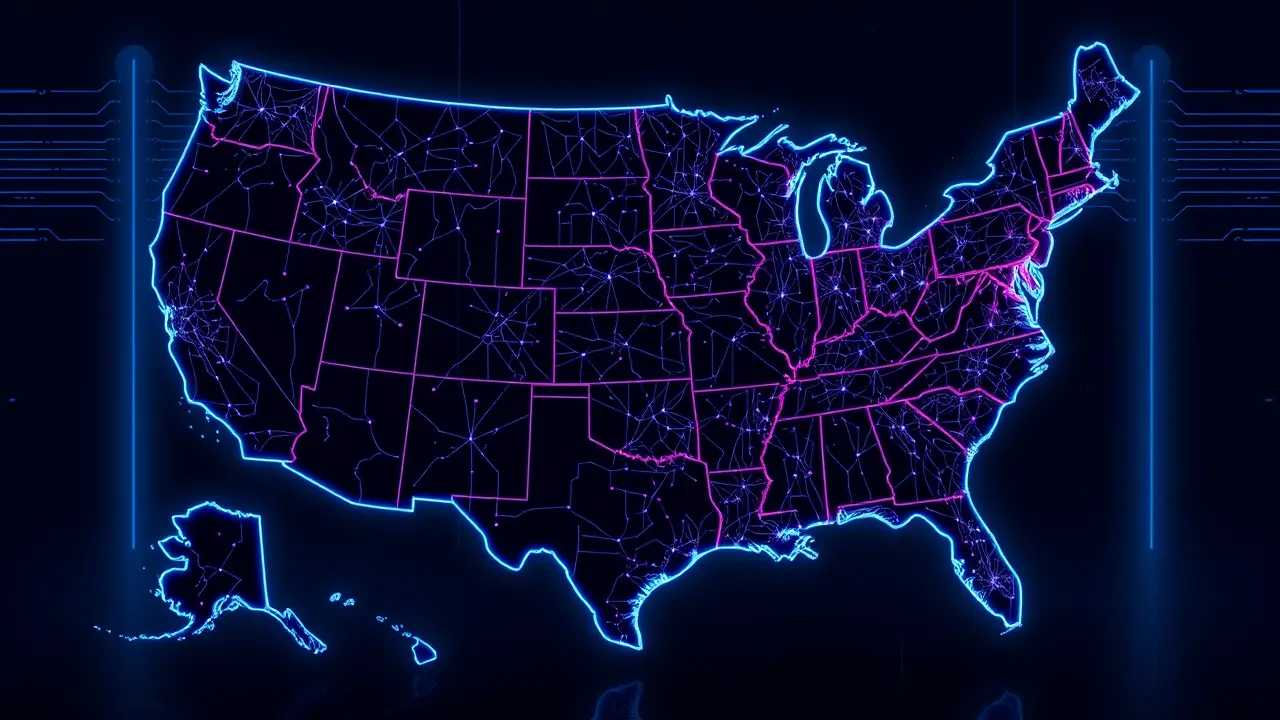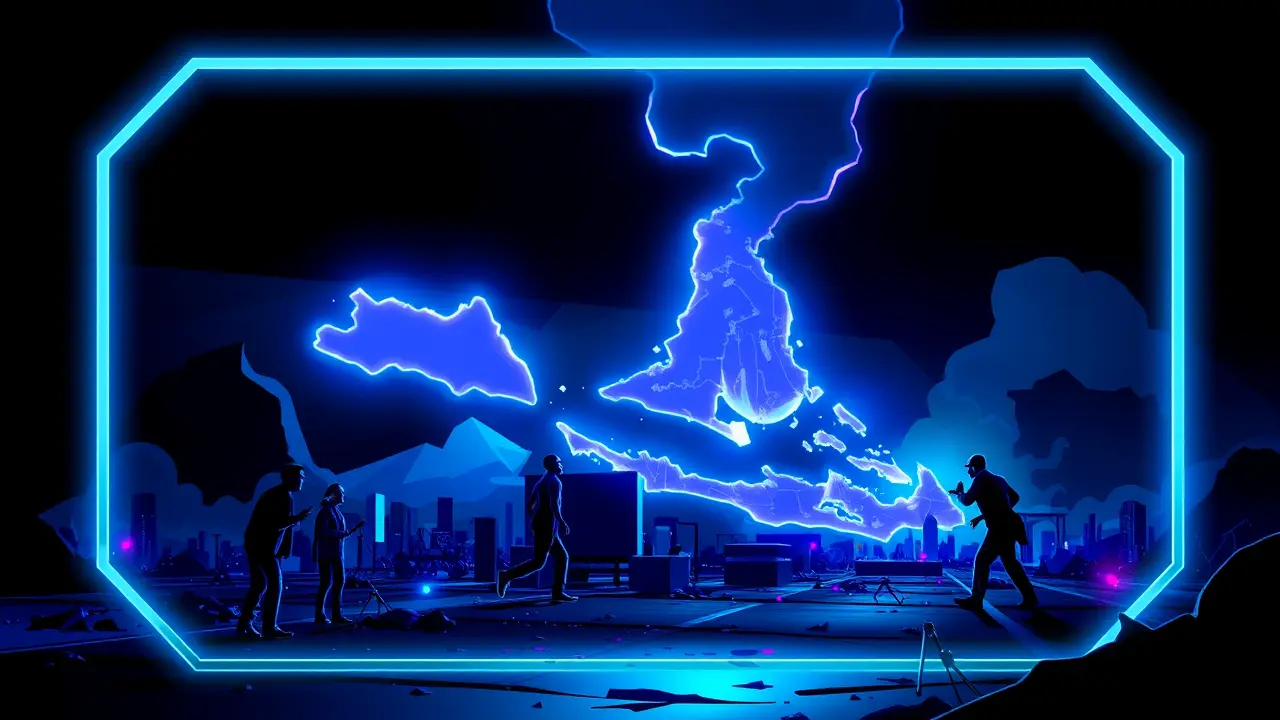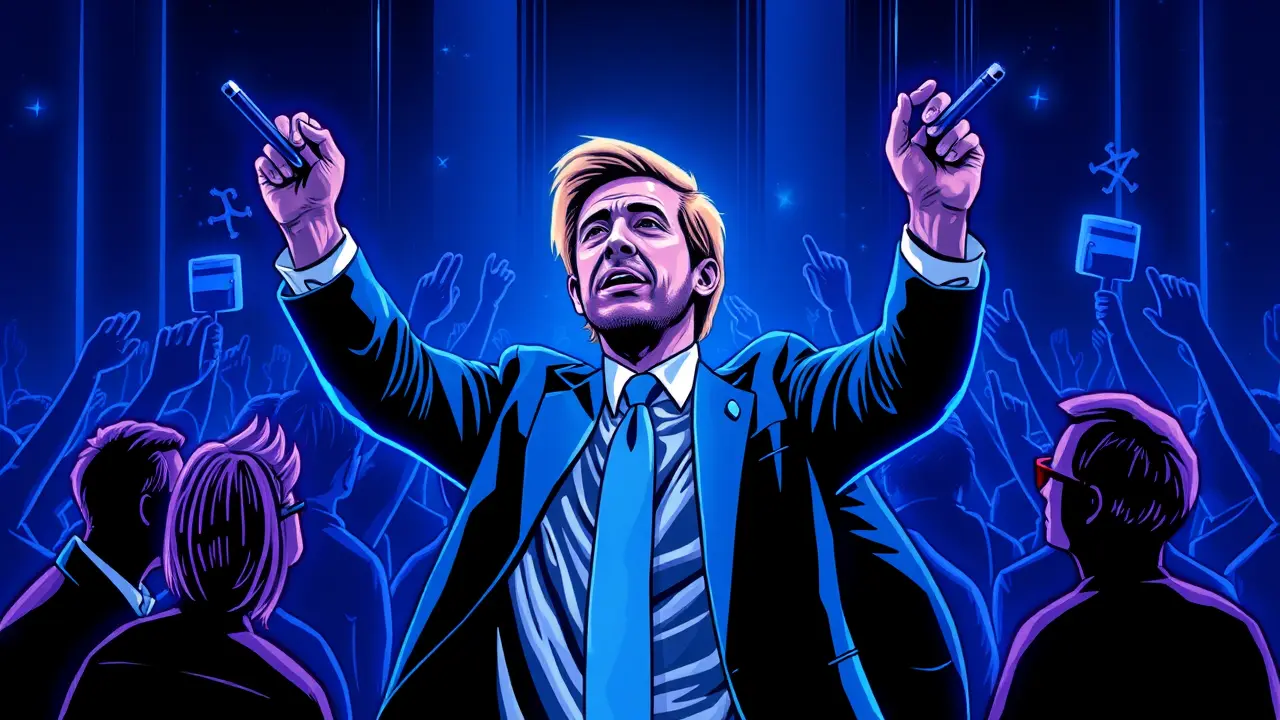PoliticselectionsPost-Election Analysis
Tracking NYC's Mayoral Election Results in Real Time
MA
Mark Johnson
4 hours ago7 min read
The battle for New York City's soul is being waged today in polling stations across five boroughs, where voters are delivering their verdict in a mayoral contest that has transformed from local affair to national political spectacle. This isn't merely about who will occupy Gracie Mansion for the next four years—it's become a proxy war for the Democratic Party's future, a test of generational change, and perhaps the most consequential down-ballot election of our time.The sheer velocity of Zohran Mamdani's rise reads like political fiction: an obscure Queens assemblymember who leveraged viral Instagram reels into a stunning primary upset against former Governor Andrew Cuomo, the once-untouchable political machine. Mamdani's campaign weaponized digital native energy against traditional establishment power, creating a blueprint that political operatives from Chicago to Los Angeles are already dissecting.His coalition—young, diverse, and unapologetically progressive—has not only challenged New York's political orthodoxy but exposed the crumbling foundations of its old guard. The tactical brilliance of Mamdani's team lies in their understanding of modern political warfare: they bypassed traditional media gatekeepers, spoke directly to voters through social media platforms, and transformed what could have been dismissed as protest candidacy into viable political movement.Meanwhile, the Cuomo campaign represents perhaps the most fascinating political resurrection attempt in recent memory—the former governor, ousted from his party's primary, now running as an independent with his own substantial base of older, more moderate voters who remember his pandemic-era leadership with nostalgia rather than controversy. And then there's Curtis Sliwa, the Republican candidate whose Guardian Angels background and theatrical campaign style have ensured he remains in the conversation, even as most polls show him trailing significantly.The demographic math tells its own story: Mamdani dominates among voters under 45, particularly in gentrifying Brooklyn neighborhoods and diverse Queens communities, while Cuomo's strength lies with older white voters in Staten Island and southern Brooklyn. Sliwa, for his part, has made crime his central issue, tapping into genuine anxiety about public safety but struggling to expand beyond his conservative base.What makes this election particularly fascinating from strategic perspective is how it reflects broader national realignment—the Democratic Party's progressive wing versus its establishment, the Republican Party's search for relevance in urban centers, and the growing influence of independent voters who feel politically homeless. The implications stretch far beyond city limits: a Mamdani victory would immediately position him as standard-bearer for the progressive movement, potentially creating new political axis that bypasses traditional Washington power centers.His proposed policies—from police reform to climate initiatives—would become talking points in state legislatures across the country, while his success would undoubtedly inspire similar candidates in other major cities. Conversely, Cuomo's independent bid represents fascinating experiment in whether political brands can survive party rejection, while Sliwa's campaign tests the limits of law-and-order messaging in post-Trump era.The election night dynamics themselves reveal much about our political moment: the early returns from Manhattan's affluent precincts will indicate whether Mamdani has made inroads with wealthy liberals, while the South Queens numbers will show if he's maintained strength with working-class communities of color. The Bronx results will measure Cuomo's ability to peel off traditional Democratic voters, while Staten Island will reveal whether Sliwa can turn out his base in sufficient numbers to create surprise.The absentee ballots—likely heavily favoring Mamdani given his younger, more technologically engaged supporters—could create dramatic late-night shifts as they're counted. Beyond the horse race, this election represents fundamental test of whether New York's political identity has permanently shifted leftward or whether the city's moderate traditions still hold power.The outcome will shape everything from the NYPD's future to the city's approach to development, from its relationship with Albany to its standing on the global stage. And for political professionals nationwide, the results will either validate or question the effectiveness of digital-first campaigning, the durability of established political brands, and the very nature of how elections are won in 2025.
#NYC mayoral election
#Zohran Mamdani
#real-time results
#featured
#Curtis Sliwa
#Andrew Cuomo
Stay Informed. Act Smarter.
Get weekly highlights, major headlines, and expert insights — then put your knowledge to work in our live prediction markets.
Related News
© 2025 Outpoll Service LTD. All rights reserved.













